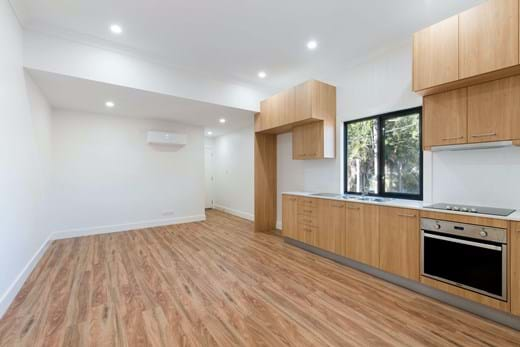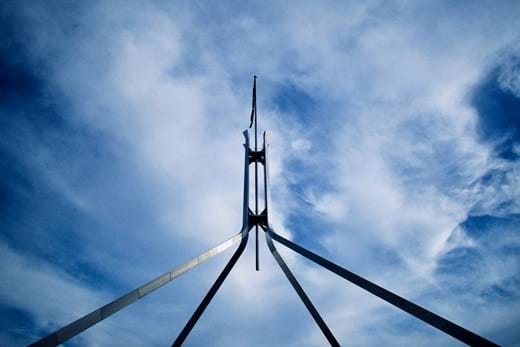Every year, trustees of SMSFs have to ensure that the fund’s assets contained in the financial statements and accounts are at market value for the associated audit. Due to COVID-19 impacts on the 2020 and 2021 financial years, the ATO has provided a concession for trustees of SMSFs in relation to valuation evidence. It will allow auditors to lodge an Auditor/actuary contravention report with reasons as to why to the trustee was unable to obtain the appropriate evidence. If the ATO deems the reason to be COVID-19 related, no penalties will apply.
The JobSeeker COVID supplement has once again been extended for a further 3 months accompanied by an associated cut in rate. The first extension was due to end on 31 December 2020, but the extension will allow the supplement to run until 31 March 2021 which will be welcome news for many individuals still struggling with unemployment. However, beware that the original supplement rate of $550 per fortnight, which was cut to $250 per fortnight in September, will be further cut from 1 January 2021 to $150 per fortnight.
Rental property deductions have many rules, and the ATO is on the lookout for incorrect claims. Some expenses can be deducted immediately, while others will need to be claimed over time. Stay on top of the rules and avoid ATO headaches this tax time.
Temporary concessions for bankruptcy actions and director liability claims have been extended to 31 December 2020. This will bring welcome relief for businesses who need more time to get back on their feet. However, businesses who have clients or customers in financial difficulty should seek assistance from their advisors on the next steps forward.
The government has handed down its big spending budget in a bid to revive the economy. In terms of individuals, as expected, the government has confirmed that it will bring forward and backdate the previously legislated tax cuts by 2 years.
The ATO has outlined options for businesses struggling with the economic downturn including deduction of business losses and offsetting losses in future years. It is also assisting taxpayers with waiving interest and penalties in certain circumstances.
If your business is in relatively good shape and have been contemplating an asset purchase, now is the time. Not only will you be helping the Australian economy get back on its feet, you’ll be doing your business a favour by taking advantage of the instant asset write-off threshold of $150,000.
COVID-19 has turned lives upside down on a global scale, with one unintended side-effect being the drastic restriction of movement across borders. So, what happens to the tax status of an individual that arrived in Australia as a temporary resident staying longer than expected due to not being able to return to their home country?
Rental property owners along the rest of the economy have taken a hit to their bottom line. In this uncertain time, the ATO has provided some guidance on the deductibility of rental property expenses in various situations such as tenants paying reduced rent or the suspension of rent.
The costs you could claim include work-related portion of any heating, cooling, lighting for the area you’re working from, work-related phone and internet, and work-related decline in value of a computer and associated office equipment. To claim these expenses, you must keep specific records ranging from diary entries to receipts.
After previously providing business with administrative concessions, the ATO has now moved to provide some concessions and advice to SMSFs during this pandemic.













